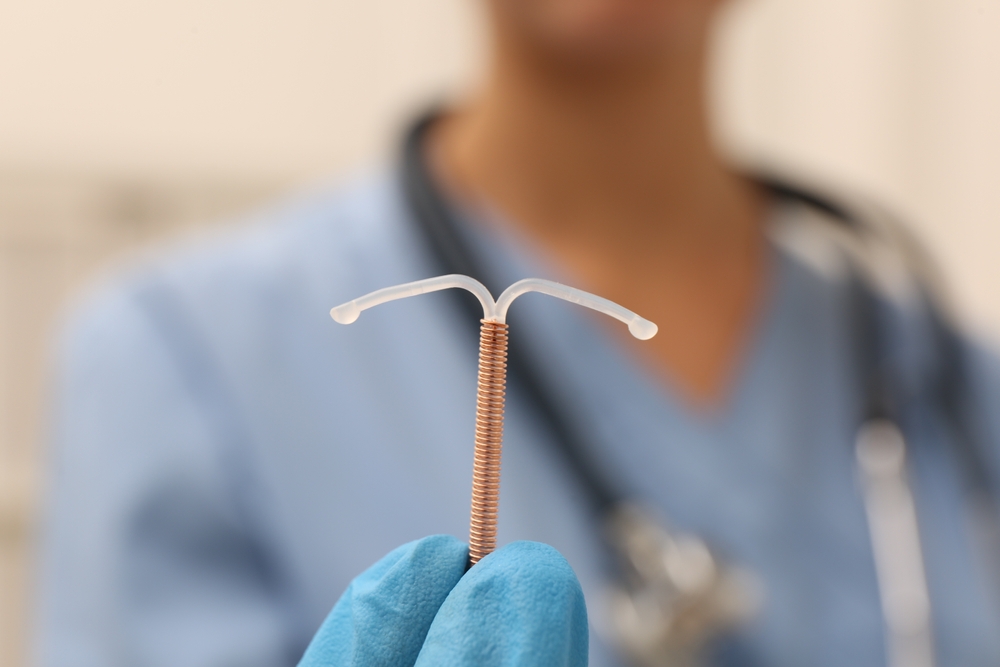A major development in the Paragard MDL lawsuits has cut down the number of personal injury claims after a federal judge ruled that many were filed too late. On February 12, 2025, Judge Leigh Martin May of the U.S. District Court for the Northern District of Georgia found that plaintiffs in multiple states missed the legal deadlines to file their lawsuits after their Paragard IUDs broke inside their bodies. However, the court did allow some of the claims to proceed in states where plaintiffs alleged fraudulent concealment by the manufacturers.

What’s Going on with the Paragard Lawsuit?
The Paragard IUD, developed in 1982 and later owned by Teva Pharmaceuticals from 2009 to 2017, is a non-hormonal birth control device. It consists of a T-shaped plastic frame wrapped in copper, which prevents pregnancy by triggering an inflammatory response in the uterus.
Thousands of women have filed lawsuits claiming that the device is prone to breaking during removal, leading to painful injuries, infertility, and the need for additional medical procedures. Plaintiffs argue that manufacturers, including Teva Pharmaceuticals and CooperSurgical, failed to warn consumers about the risks.
These cases have been consolidated under In re Paragard IUD Products Liability Litigation, No. 20-2974 (N.D. Ga.).
Court’s Ruling on Filing a Paragard Lawsuit Time Limits
Defendants filed a motion to dismiss certain claims, arguing that they were outside the applicable statutes of limitations. Judge May agreed in many cases, deciding that:
- Alabama, Idaho, Michigan, Mississippi, New York, and Virginia cases were filed too late because those states’ laws say the clock starts ticking at the moment of injury—determined to be when the Paragard broke, not when plaintiffs realized the full extent of their damages.
- The judge rejected arguments that injury should be defined by subsequent complications or surgeries, emphasizing that the breakage itself constituted the harm.
As a result, the following claims were dismissed:
- Two cases from Alabama
- Six cases from Idaho
- Thirteen cases from Michigan
- Three cases from Mississippi
- Thirty-nine cases from New York
- Seventeen cases from Virginia
Fraudulent Concealment Keeps Some Cases Alive
While this ruling knocks out a large number of claims, some plaintiffs in Illinois, Iowa, Georgia, and North Carolina successfully argued that manufacturers intentionally concealed information about Paragard’s breakage risk. This means those cases can move forward despite statutes of repose that typically bar lawsuits after a set period, regardless of when the injury was discovered.
However, the judge sided with the defense in Tennessee and Texas, dismissing two cases from Tennessee and four from Texas based on strict statutes of repose.
What This Means for Paragard Plaintiffs
This decision significantly narrows the litigation, removing cases deemed untimely while keeping others alive where fraudulent concealment can be argued. It underscores how state-specific laws play a crucial role in mass tort cases, particularly in defining when an injury “officially” occurs and whether companies can be held accountable for hiding risks.
Think You Have a Paragard Claim? Here’s How to Find Out
If you or someone you know suffered complications from a Paragard IUD, you may still have time to file a claim. Our legal team can review your case and help determine whether you qualify for compensation. Contact us today to explore your legal options and bookmark this page to stay informed on the latest developments in the Paragard MDL.